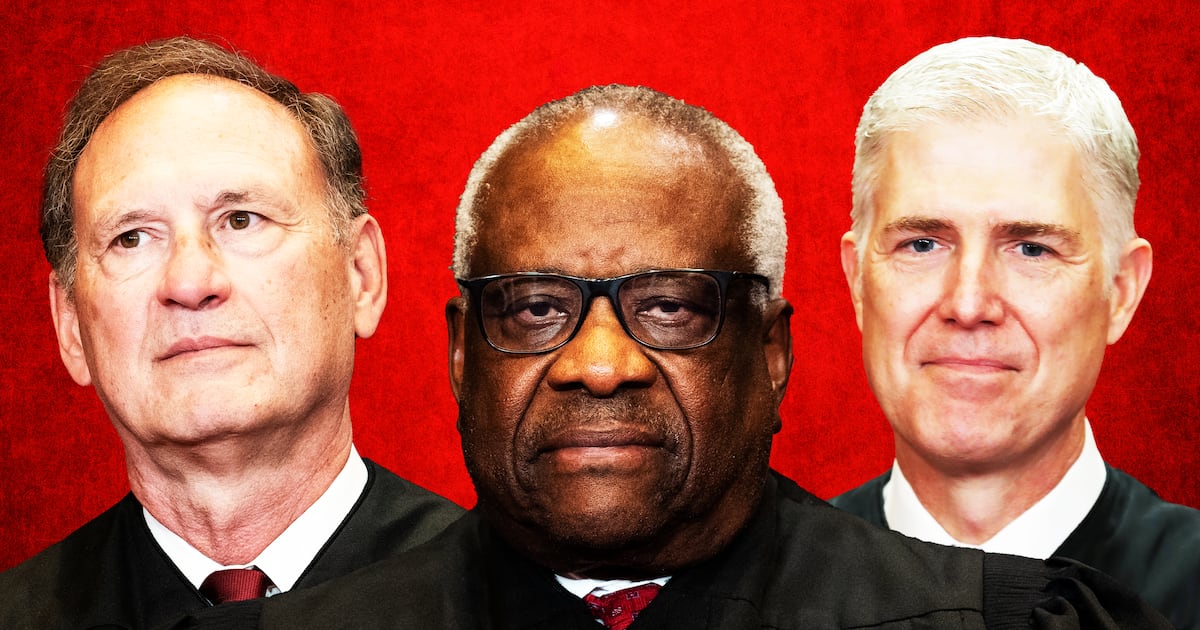It’s been two years since unimaginable violence broke out in the Central African Republic, and yet so few have noticed the near-genocide ravaging the little-known country.
The downward spiral began in early 2013, when a majority-Muslim group of rebels seized control of the country and began a campaign of killing and looting. This led to the formation of a Christian militant group to counter the rebels, and all-out sectarian violence exploded. By late 2014, nearly 5,000 people were dead (though this is probably only a fraction of the true death toll) and the crisis had been declared the highest-level emergency by humanitarian groups.
But with the rise of ISIS, the takeover of Crimea and Ukraine, and a brutal kidnapping in Nigeria, there’s been little stomach left for CAR, even as watchdog groups warn of ongoing ethnic cleansing and hint that what happened in nearby Rwanda exactly 20 years ago could again come to pass.
ADVERTISEMENT
Perhaps recalling the breakneck pace of the 100-day Rwanda genocide, France quickly deployed a team of peacekeepers at the beginning of 2014. A team from Human Rights Watch found that the French soldiers “seemed stunned by the violence” upon arriving in the war-torn country. The streets of the capital of Bangui were littered with cut up bodies and Muslims hanging from lynching ropes—an estimated 100 people were being killed daily.
“At the scenes of the most brutal lynchings in Bangui, we often found small children among the spectators, watching human beings being cut apart,” the report, titled “The Unraveling,” described.
This hasty outside intervention slowed the crush of violence, but there’s still fear that the precarious country could be sent over the tipping point at any moment—and the world would barely notice.
“[W]hat is going on now in CAR is not far from genocide,” Souleymane Diabaté, the head of UNICEF in Central African Republic, said in an interview with The Daily Beast this spring. “So the situation is not far from what we saw in Rwanda.”
Building off an already abysmal record, now more than half a million children there have been forced to flee from their homes due to the fighting, according to UNICEF statistics.
“CAR was a silent crisis before the war,” Diabaté said, noting that every 21 minutes, a child dies of preventable diseases in the country. Despite its ranking at the bottom of most international development indexes, the conflict is shrouded by confusion. “CAR is not well known by the international community—they don’t know if it is a region of Africa or if it is a country.”
At least one child in CAR has been killed or gravely injured per day, and 10,000 have been recruited into militant groups. Half of the country’s schools were closed at some point in the past year and many remain shuttered.
On a recent visit, UNICEF profiled Allison, a resilient 13-year-old girl, who fled from the violence and remains displaced from her home. Watch her story exclusively below:
Despite a ramping up of humanitarian operations in the country, waning international attention to the crisis has left major shortfalls in the response. UNICEF reports it received less than half of the funding needed in 2014 and therefore was unable to deliver health services to half a million people, and couldn’t bring clean water to a quarter million. “We need to act now and not tomorrow because it will be too late,” Diabaté said. And there’s a need for cohesive action, particularly in regaining a foundation of stability: “If we don’t have the number of soldiers in place to secure the entire country, to rehabilitate basic social services, to send back children to school, and to start mediation work and reconciliation, it will be a catastrophe.”
As the year draws to a close, these goals remain unfulfilled and the news from CAR continues to be harrowing. Despite an April UN resolution that ramped up the presence of French and African Union peacekeepers, reports of sectarian clashes, massacres, and displacement remain disturbingly common. Human Rights Watch has called for military leaders to be held and tried for war crimes after pillaging and burning villages, and have issued disturbing reports that tie peacekeepers to missing citizens.
Two weeks ago, the watchdog organization found that perhaps thousands of Muslims are trapped across the country, living in horrific conditions and paralyzed by roaming militias. The government has opposed evacuating these civilians to neighboring countries, saying it made them appear complacent in ethnic cleansing. Because of this, the peacekeeping forces have been blocking Muslims from leaving on envoys out of the country.
This past April marked the 20th anniversary of Rwanda’s genocide, and its still unclear whether the brutal lessons from that crisis have been learned.
“The international community said it wanted to put a stop to the genocide that was in the making. But months later, the war has not stopped,” Joseph Bindoumi, president of the Central African Human Rights League, told the AP in September. “On the contrary, it has gotten worse.”
But fragility must crumble or solidify, and as the world rolls into a new year, there’s the possibility that CAR might usher in peace—even while few are paying attention.
“If I had to summarize in one word what inspires me on December 30, 2014, that word would be ‘hope,’” Babacar Gaye, head of the UN mission in CAR, said at a Tuesday press conference in the capital.




